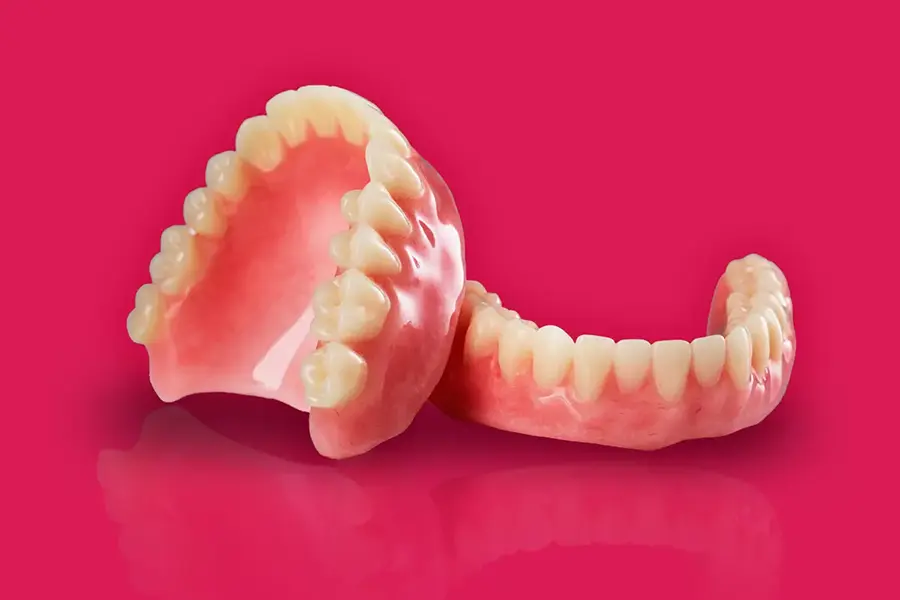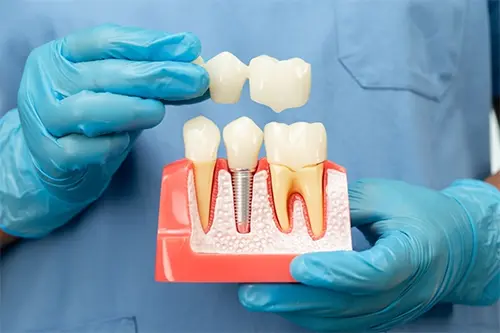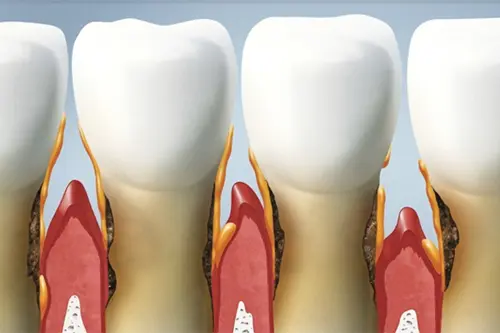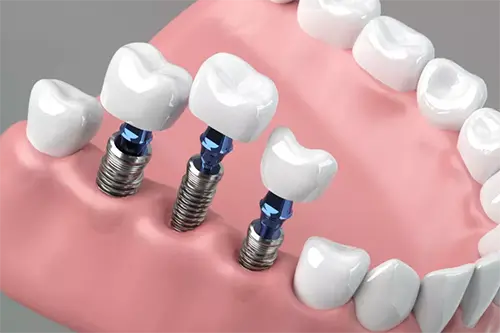
If you wear dentures, then you will come to know how uncomfortable they can be.
Implant-retained dentures are safe & protected with titanium screws and abutments, providing better security and support to the jawbone.
They are convenient because prosthetics will not slip out of place. Several of our patients who have undergone this procedure describe that implants feel and function just like natural teeth.
Types of Implant-Retained Dentures


Implant-Retained Denture Process
Implant-Retained dentures are most likely recommended for individuals missing all of their upper or lower teeth. Dr Nlay AB will conduct a full examination & procedure details to determine if your jawbone can support dental implants. If the density of your bone is insufficient for an implant, Dr Nlay AB may recommend a bone graft procedure that will add density to your jawbone.
Implant Retained Dentures at Affordable Cost

Longer lasting

Look more natural

More hygienic

Reduced bone loss

Retained facial structure and features

Artificial tooth placement
Implant retained dentures are a modern solution for people who are missing most or all of their teeth. Unlike traditional dentures that rest on the gums and rely on adhesives, these dentures are securely attached to dental implants placed in the jawbone. The result is a more stable, comfortable, and natural-feeling set of teeth.
These dentures "snap" onto dental implants, which act like artificial tooth roots. Depending on your needs, you may need as few as two to six implants per arch to support the denture. This setup helps keep the denture in place while talking, eating, or laughing—no slipping or clicking.
There are key differences between implant retained dentures and regular dentures:
Getting denture implants involves a few steps and usually takes several months:
Some patients may qualify for same-day implants, depending on their jawbone condition and treatment plan.
You might be a good fit for implant retained dentures if:
If you’ve experienced bone loss, your dentist might recommend a bone graft before placing implants. This helps rebuild the jawbone to support the new teeth.
To keep your denture implants in top shape, follow these care tips:
With proper care, implant retained dentures can last for many years and give you a confident, comfortable smile.
Implant supported dentures typically consist of two main components:
In many cases, the denture can be removed for cleaning, though fixed (non-removable) options are also available.
Here’s a quick summary of the benefits: